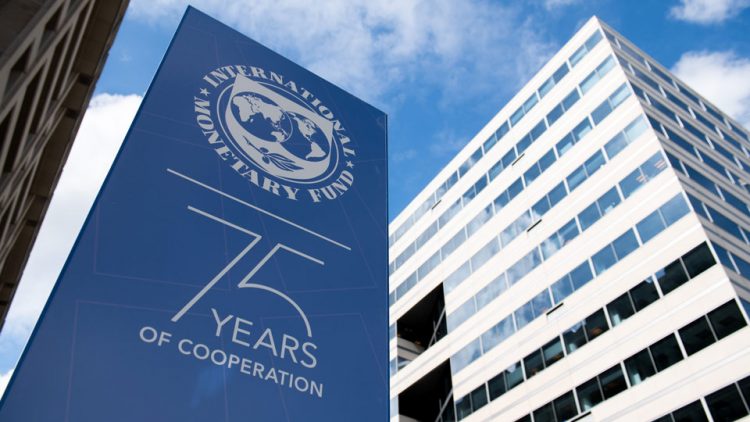The International Monetary Fund (IMF) has advised Nigeria and other global economies, to implement fiscal policies that reduce poverty and prioritise better living conditions for the poor.
The IMF Managing Director, Kristalina Georgieva, who made the disclosure at the 2023 Boao Forum for Asia, held at the Mulantou Lighthouse, China, said that over the past three years, low-income and vulnerable countries and people have been hit especially hard.
She predicted 2023 to be another difficult year, with global growth falling under three per cent as the effects of the war in Ukraine and monetary tightening continue to take hold.
Georgieva said rescuing the vulnerable people starts at home, with governments protecting them in their own countries.
“This means fiscal policy providing targeted support to those most in need or those most affected by food insecurity or the cost-of-living crisis. And it also means countries in a relatively stronger position helping the vulnerable members of our global community . With interest rates high and many currencies depreciating, this is particularly important for countries in debt distress. We urgently need faster and more efficient global mechanisms for providing debt treatments to these countries,” Georgieva said.
According to her, establishing such mechanisms would provide significant benefits to debtors and creditors alike.
She explained that success would remove one important source of uncertainty to the global picture.
The IMF boss said the global economy has been in choppy waters for quite some time, experiencing shock after shock after shock.
“We expect 2023 to be another difficult year, with global growth falling under three per cent as the effects of the war in Ukraine and monetary tightening continue to take hold. A rapid transition from a prolonged period of low interest rates to much higher rates—necessary to fight inflation—has inevitably caused turbulence in the banking sector in some advanced economies and made policy choices even harder,” she said.
“Cooperation has already transformed the global economy by deepening trade integration—which has boosted incomes and living standards across the world. Over the past 40 years, the world economy has tripled in size, with emerging and developing countries quadrupling in size—making them the biggest beneficiaries. In China alone, 800 million people have been lifted out of poverty, as it has become ever more integrated into the world economy. A huge achievement by any standard,” she disclosed.



